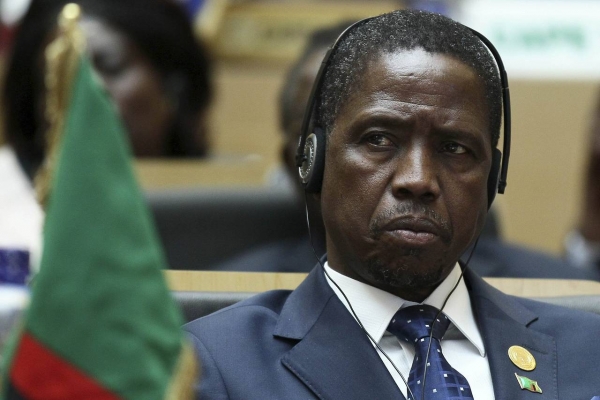The Zambian cabinet has approved a proposal to drop a recent hike in royalties demanded on mining operations as the continent's second top copper producer seeks to resolve a six-month standoff with mining companies over the controversial tax system.
Newly elected President Edgar Lungu has directed a panel of ministers to finalize details of the proposed changes ahead of their presentation for parliamentary approval next week, Amos Chanda the presidential spokesman said Tuesday.
The development caps months of bickering between mining companies and the Zambian government and is a major relief to miners who have been struggling to cope with spiraling costs amid suppressed global metal prices.
"The President hopes that the changes will promptly eliminate market anxieties in the mining sector and forestall any potential instability," Mr. Chanda said, adding that the decision came after "extensive" consultations with the mining industry following the sudden drop of international copper prices.
Zambia announced a new mining tax regime in October last year requiring open-pit mines to pay up to a 20% royalty on their revenue, up from 6%, while underground mines would pay 8%, also up from 6%.
The new tax regime rattled investors, prompting companies such as Glencore PLC and First Quantum Minerals Ltd. to shelve expansion projects worth $1.5 billion. Barrick Gold Corp. threatened to close down its Lumwana Copper Mine citing higher royalties.
With nearly 12,000 mine jobs under threat, Mr. Lungu directed cabinet to resolve the impasse in February shortly after winning the country's tightly contested presidential elections.
Mr. Chanda said that due to the changing business environment, Zambia's copper production is now projected to drop to 839,000 metric tons this year from an earlier estimate of around 960,000 tons.
Copper prices dropped by around 15% last year, before sinking to five year lows in January, weighed down by reduced demand from China, the world's largest consumer. The prices have since remained volatile, hurting copper-reliant economies in Africa such as Zambia and Congo.
The World Bank said in a report Monday that slowing commodity prices will bring down sub-Saharan Africa's growth rate to 4% this year, the lowest in two decades.









